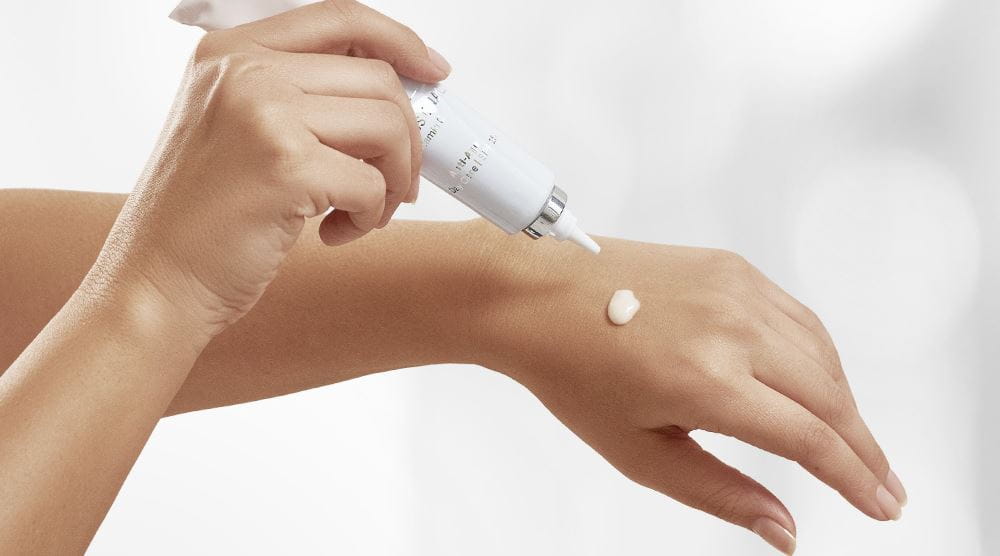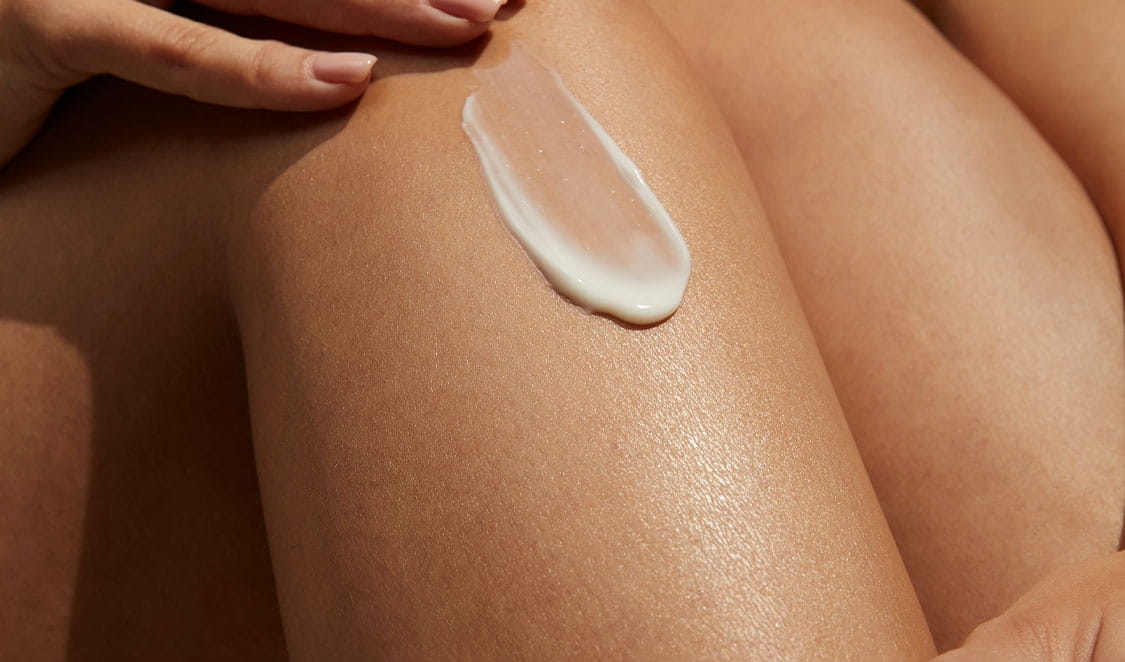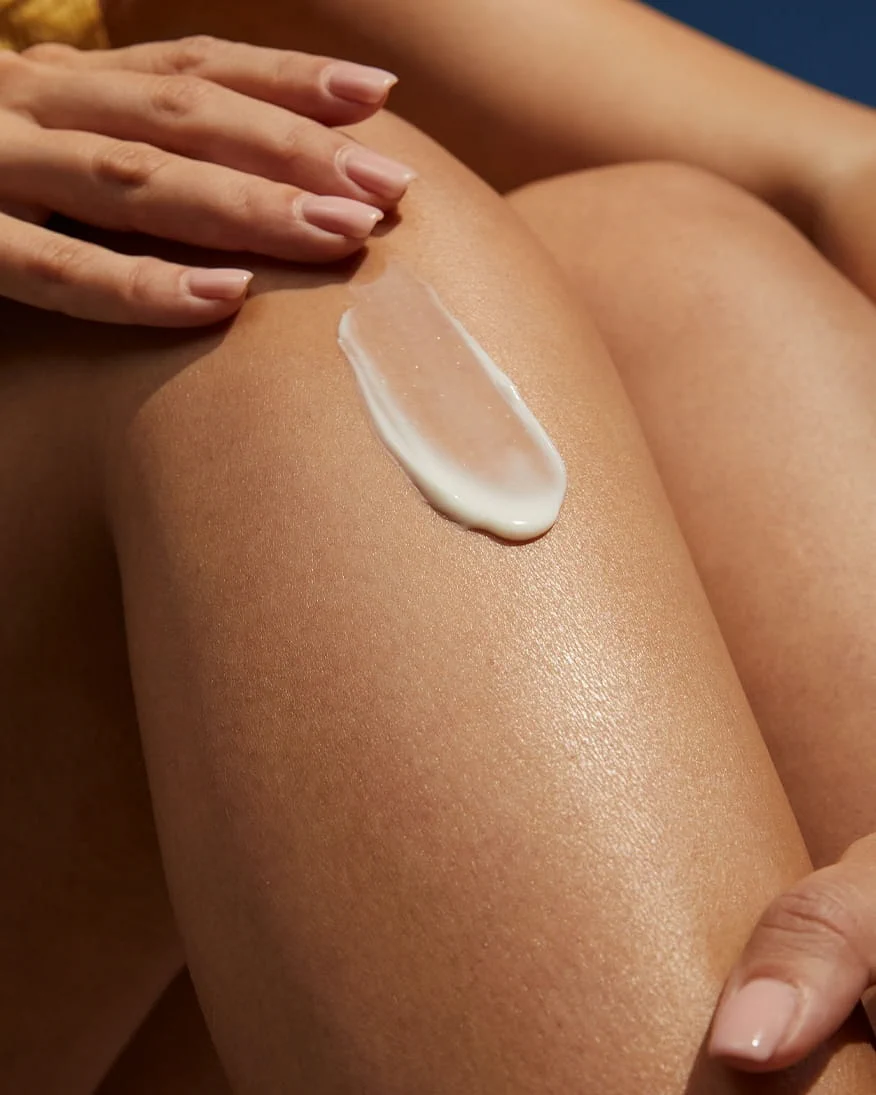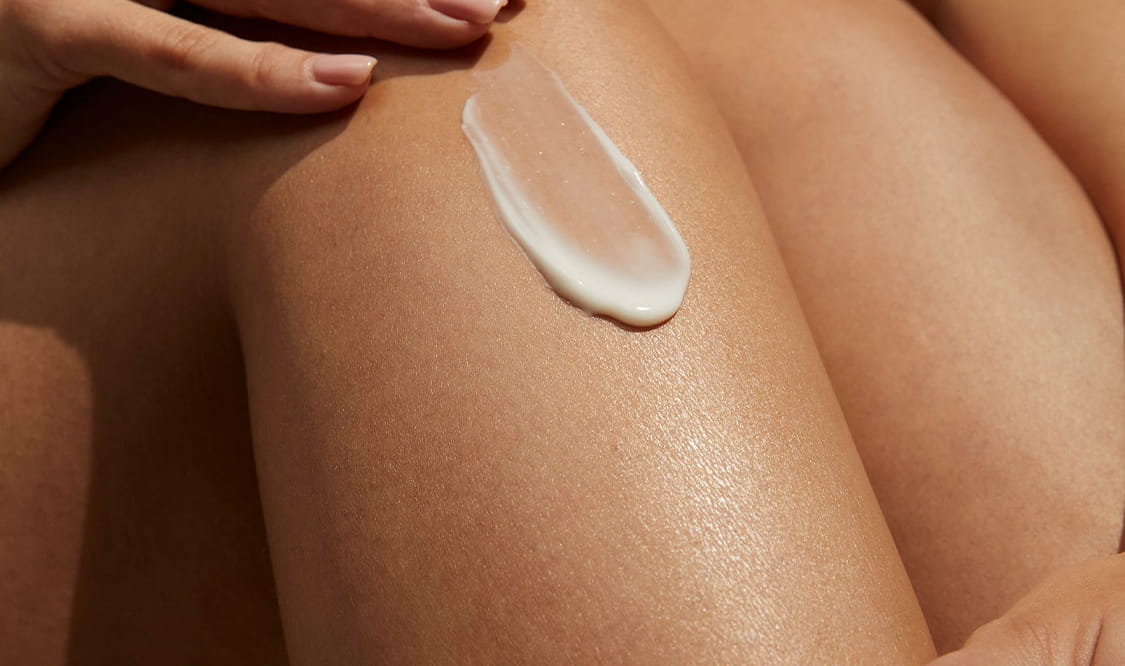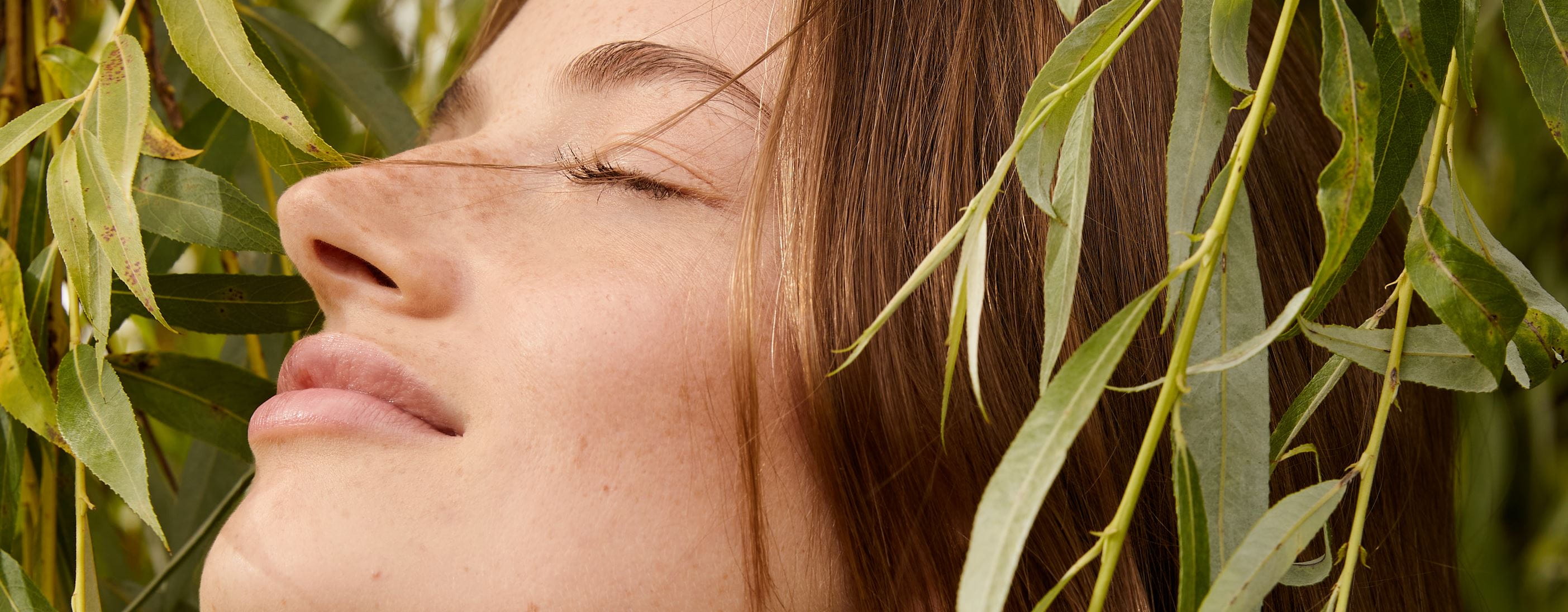
Vitamin E For Skin
Our guide for everything you need to know about vitamin E, how to use it and why it's so good for your skin.
Vitamin E For Skin
Vitamin E is a key ingredient in skincare. But why should you use it? And what does Vitamin E do for your skin? We’re going to dive into the benefits of this popular skincare ingredient, chat through ways you can make the most of it, and find out how you can get the best possible results when using vitamin E for skin.
What does vitamin E do for your skin?
Vitamin E benefits for skin
Applying vitamin E to your skin helps protect delicate skin from damage due to its antioxidant properties. It’s also extremely hydrating – it’s both a ‘humectant’ and an ‘emollient’ – so it helps your skin absorb water and traps it within the skin too. And it’s even been shown to help relieve eczema for some people.
So, is vitamin E good for skin?
The answer here is a resounding yes! And there are plenty of NIVEA products to help you take full of advantage of vitamin E in your skincare routine.
Is vitamin E good for skin?
The best type of vitamin E for your face
There are different types of vitamin E, but only one is beneficial to the human body. ‘Tocopherol’ is most often cited in a product’s ingredients list, and it’s verified for use all over the body!
So if you’re wondering whether your skincare features vitamin E (and it’s not already called out on the label), take a look at the ingredient list and you’ll soon find out.
So if you’re wondering whether your skincare features vitamin E (and it’s not already called out on the label), take a look at the ingredient list and you’ll soon find out.
Caring for your skin
NIVEA products use a range of natural skincare ingredients when formulating our products to make sure everything works hard and contributes to keeping your skin healthy.
If you’re ever looking for skincare advice, just search the NIVEA website and you’re sure to find the info you need to create your perfect skincare routine.
If you’re ever looking for skincare advice, just search the NIVEA website and you’re sure to find the info you need to create your perfect skincare routine.
